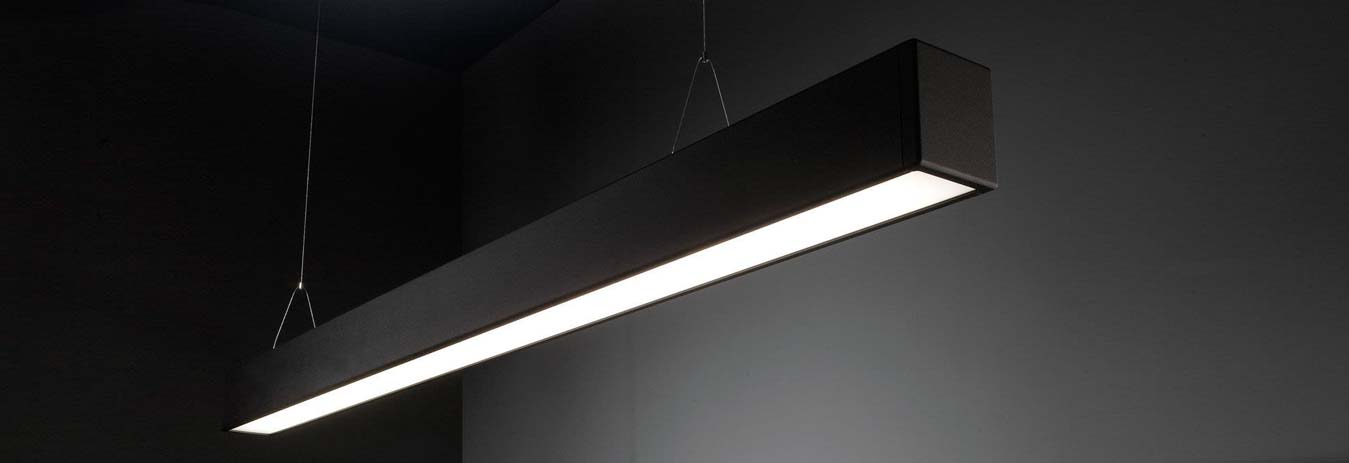Life Style
Effects of light in our well being
Light plays a significant role in our overall well-being, influencing both our physical and mental health. Exposure to natural light helps regulate our circadian rhythm, the body’s internal clock, which in turn affects sleep, mood, and energy levels. Proper light exposure during the day helps maintain a healthy sleep-wake cycle, while insufficient sunlight can disrupt this balance, leading to conditions like insomnia or Seasonal Affective Disorder (SAD), particularly in the darker winter months.
In addition to regulating sleep patterns, light affects the production of essential vitamins, particularly Vitamin D. Sunlight triggers the synthesis of Vitamin D in our skin, which is crucial for maintaining strong bones, a healthy immune system, and overall vitality. Insufficient exposure to sunlight can lead to deficiencies and associated health problems, such as weakened immunity or bone disorders like osteoporosis.
Light also has psychological impacts. Bright environments have been shown to improve mood, reduce stress, and enhance productivity. In contrast, dimly lit or gloomy spaces can contribute to feelings of depression or fatigue. Thus, exposure to the right kind of light—whether through natural sunlight or artificial lighting designed to mimic it—has profound effects on our emotional and physical well-being, making it essential for a balanced, healthy lifestyle.
